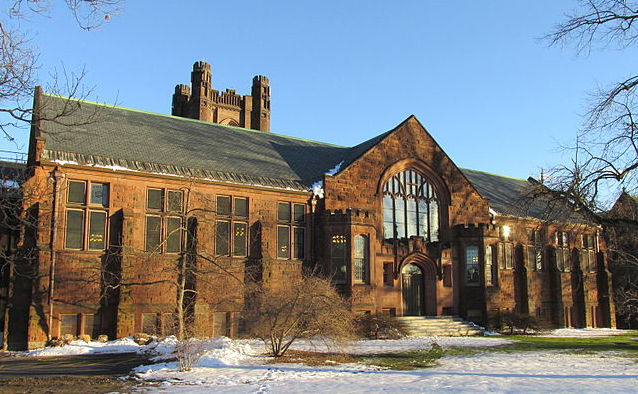Social media is awash with reactions to Beth Moore’s decision to no longer affiliate with the Southern Baptist Convention. United Methodists will soon face a decision about whether to join the traditionalist Global Methodist Church. We are in an especially fluid and rancorous moment regarding denominational affiliations. So when do you know it’s time to go?
The easiest decisions come when a denomination starts teaching doctrines or advancing moral positions that contradict longstanding, widely-agreed upon Christian orthodoxy or orthopraxy. If a denomination’s leadership countenances universal salvation, questions the historicity of the physical resurrection of Christ, etc., it’s time for us to get out.
It gets harder to decide whether to leave a denomination based on ethical or political lapses by denominational leadership. I am certainly not comfortable with the way that certain SBC leaders seemed to make support for Donald Trump a litmus test for good standing within the denomination, for example. But does that require a person to leave the denomination? Surely not, especially because that never became the official policy of the whole SBC. In such moments, giving one another the latitude to operate according to conscience is the way to go.
One of the complicating factors in leaving a denomination is that the really important decision is whether one leaves his or her church, which may or may not be required when leaving a denomination. Especially given the Baptist tradition of congregational autonomy, being “part of the SBC” can mean a lot of different things. My SBC church in South Bend, Indiana, was certainly not recognizable to outsiders as being SBC denominationally, even though our theology and practice was firmly within the bounds of the SBC. “Baptist” wasn’t even in the name of the church.
Baptists in Texas also know that being “part of the SBC” in our state is even more complicated, due to the fact that the historic state Baptist convention is not aligned with the SBC, and there is a parallel Southern Baptists of Texas convention. So being “part of the SBC” in Texas Baptist churches might mean even more things. Does it mean that your congregation’s name appears in the SBC directory? That you support Southern Baptist missionaries? That you give to the Lottie Moon Christmas Offering? That “Southern Baptist” appears on your church sign? It’s hard to say what firmly identifies you as being a member of the denomination in such a context.
This denominational ambiguity, especially for Baptists, reminds us that for most people, the decision we face isn’t primarily about leaving a denomination (unless you happen to be an official in said denomination). For most laypeople, or even people who have a prominent parachurch ministry, the question is whether you will remain in your congregation. Local churches are God’s called-out communities for Kingdom living. Denominations are there to support, coordinate, and amplify the work of local churches, and are in that sense more transitory and ephemeral than the local church. Our commitment to our local church is of a higher order than our commitment to a denomination.
Some of the same standards apply when considering whether to leave a local church as a denomination, however, and some forms of aberrant theology or moral teaching would, in my view, necessitate departure. It becomes more complex, however, when your congregation is holding the line (a la many Methodist congregations) while the national leadership drifts from orthodoxy. If you know that your donations to the church are being used to support heterodox beliefs and practices in the larger denomination, it is tough to justify staying in that church.
But once having joined in covenant membership with a local church, the default should always be staying and supporting it, even if that requires struggle and frustration. When you see a denomination (or any Christian institution) drifting from orthodoxy, it surely will not help it to remain faithful if all traditional Christians immediately depart. Ultimately, the choice to leave a church or denomination or Christian institution involves a tradeoff: wanting to remain a faithful witness from within, and the desire not to be associated with beliefs and actions that are clearly heterodox.
Sometimes a church or denomination takes such outlandishly heterodox positions that it really leaves traditional Christians with no choice. More often, we are left with dilemmas of conscience, and the humbling reminder that we all are just flawed members of flawed churches and flawed denominations. Churches, and the denominations they compose, are highly imperfect things, because they are filled with people like me. And yet, God has promised that He would build his church, and the gates of hell shall not prevail against it.
Sign up here for the Thomas S. Kidd newsletter. It delivers unique content only to subscribers.

















